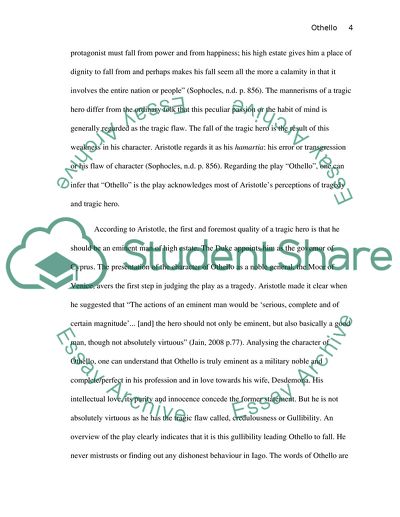Cite this document
(Shakespeares Othello The Moore of Venice as a Tragedy Research Paper, n.d.)
Shakespeares Othello The Moore of Venice as a Tragedy Research Paper. Retrieved from https://studentshare.org/literature/1740132-shakespeares-othello-the-moore-of-venice-as-a-tradgey
Shakespeares Othello The Moore of Venice as a Tragedy Research Paper. Retrieved from https://studentshare.org/literature/1740132-shakespeares-othello-the-moore-of-venice-as-a-tradgey
(Shakespeares Othello The Moore of Venice As a Tragedy Research Paper)
Shakespeares Othello The Moore of Venice As a Tragedy Research Paper. https://studentshare.org/literature/1740132-shakespeares-othello-the-moore-of-venice-as-a-tradgey.
Shakespeares Othello The Moore of Venice As a Tragedy Research Paper. https://studentshare.org/literature/1740132-shakespeares-othello-the-moore-of-venice-as-a-tradgey.
“Shakespeares Othello The Moore of Venice As a Tragedy Research Paper”, n.d. https://studentshare.org/literature/1740132-shakespeares-othello-the-moore-of-venice-as-a-tradgey.


